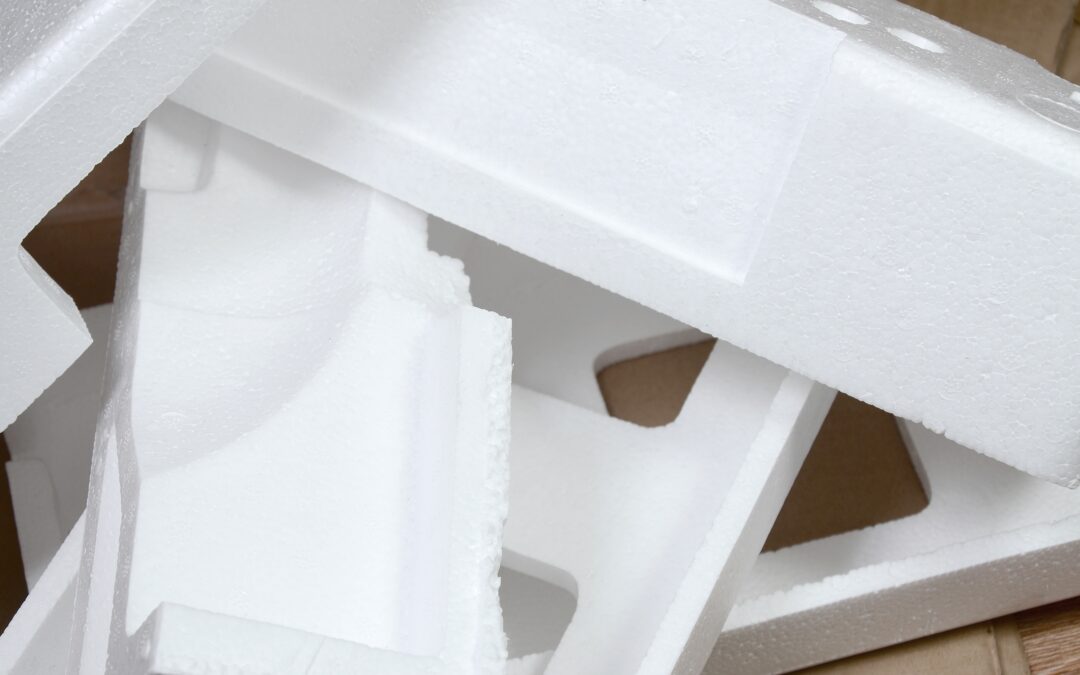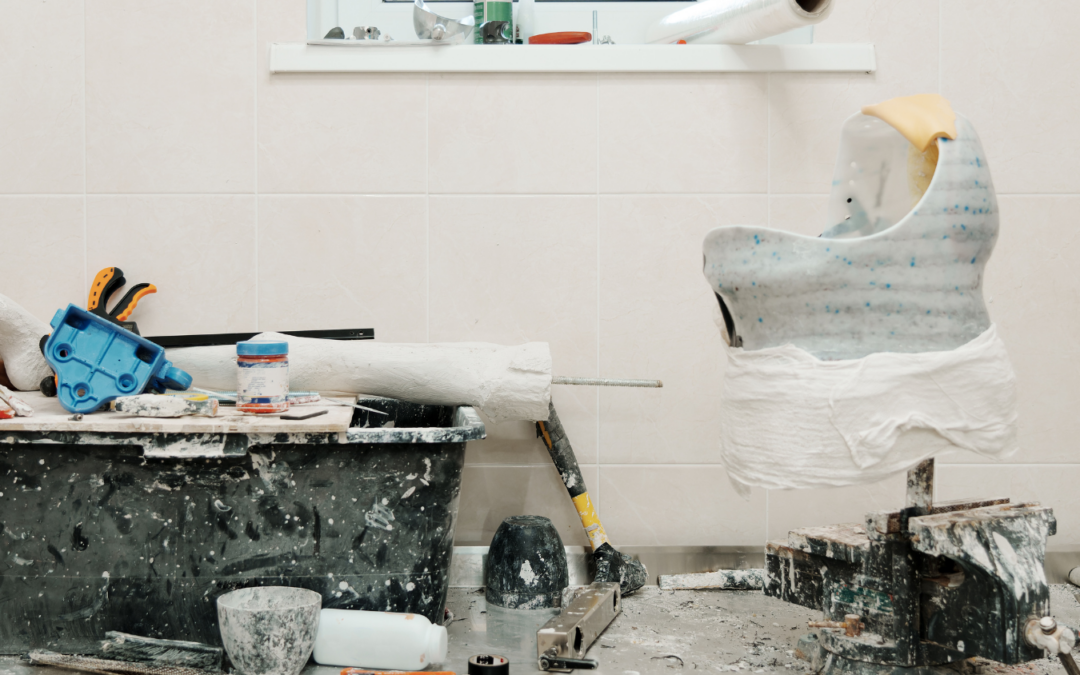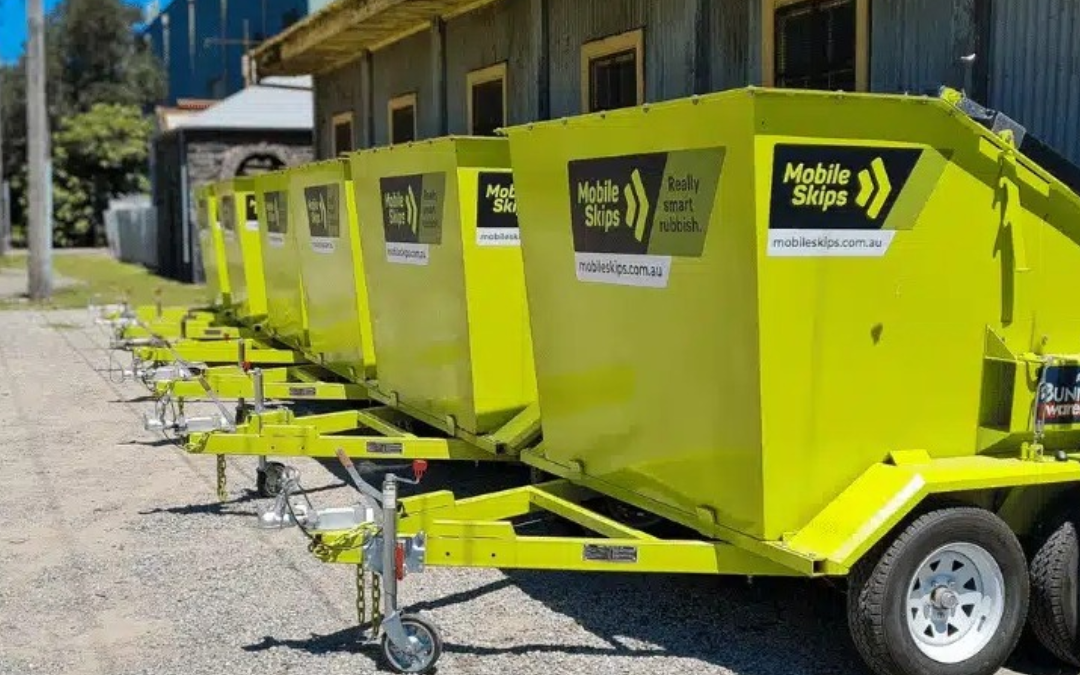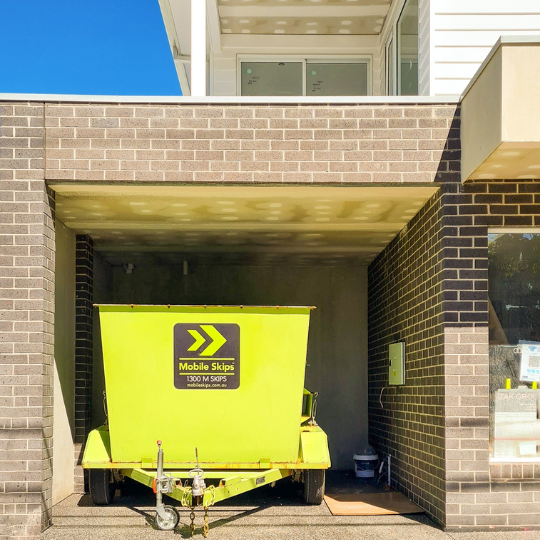Ever wonder what should you not declutter your house with? Decluttering your home can be an immensely satisfying and transformative experience. It not only creates a more organized living space but also brings a sense of calm and order to your life. However, the process requires a thoughtful approach to avoid common pitfalls.
In this article, we’ll explore expert advice on what you should not use when decluttering your house, ensuring a smoother and more effective decluttering journey.
Experts’ Advice on What Not to Use When Decluttering
Avoid Rushing to Buy Storage Containers
One of the most common mistakes people make is buying storage containers before they even start decluttering. Nicole Anzia of Neatnik advises against this approach. It’s essential to first assess what you need to store and where you plan to store it. Declutter first, then purchase containers that fit the remaining items and the available space. This will save you from ending up with unnecessary storage solutions that add to the clutter.
Don’t Attempt to Declutter Everything at Once
Taking on the entire house in one go can be overwhelming and counterproductive. Experts recommend tackling one area at a time to prevent burnout and maintain motivation. By focusing on specific zones, you can achieve a more thorough and satisfying decluttering process. This method also helps you to see progress and keeps the momentum going.
Avoid Getting Distracted
When decluttering, it’s easy to get sidetracked by other tasks. To ensure you complete each decluttering task thoroughly, remove donations or recycling items immediately. This prevents creating new piles of clutter and keeps the process streamlined. Staying focused on one task at a time will help you to see the results more quickly and avoid the frustration of unfinished projects.
Don’t Start Without a Plan
A clear plan and checklist are vital for a successful decluttering process. Be realistic about the time and effort required, and spread the task over several sessions if necessary. Having a plan helps to keep you on track and makes the process more manageable. It also provides a sense of accomplishment as you tick off each completed task.
Avoid Letting Emotions Control the Process
Sentimental items can be particularly challenging to declutter. Experts suggest taking breaks and gaining emotional distance if needed. Remember, the purpose of these items was to bring joy or serve a function. It’s okay to let them go once they’ve fulfilled their purpose. By acknowledging the value these items brought, you can make more objective decisions about what to keep and what to let go.
Don’t Organize Before Decluttering
Organizing clutter before decluttering can be counterproductive. Focus on reducing the number of items first, then organize what’s left. This approach saves you time and money on storage solutions. It also ensures that you’re only organizing items that you truly need and use, making your storage solutions more effective.
Avoid Decluttering Important Documents and Heirlooms
Certain items, such as legal documents, family heirlooms, and sentimental photographs, should be kept and stored securely. These items hold significant value and can be difficult or impossible to replace. Make sure to set aside a safe space for these important belongings and ensure they are well-protected during the decluttering process.
Don’t Declutter Your Partner’s or Children’s Items Without Consent
It’s crucial to involve your family members in the decluttering process, especially when it comes to their belongings. This fosters cooperation and ensures that everyone is comfortable with the changes. It also helps to teach children the importance of organization and responsibility for their own spaces.
Avoid Decluttering Essential Kitchen Appliances and Tools
While it’s tempting to clear kitchen counters, it’s important to keep essential appliances and tools that you use regularly. Only get rid of duplicates or items that are no longer functional. This ensures that your kitchen remains practical and efficient, making meal preparation and cooking more enjoyable.
Don’t Declutter Well-Fitting Clothes
Clothing that fits well and makes you feel good should be kept, even if it’s not currently trendy. Quality and fit are more important than fashion cycles. By keeping clothes that you love and that fit well, you maintain a wardrobe that is both functional and confidence-boosting.
Plan Ahead for Larger Items
When it comes to larger items such as furniture, it’s important to plan ahead. Mobile Skips can help with responsibly disposing of unwanted furniture. By arranging for the removal of large items, you can avoid the hassle of trying to manage them on your own.
Consider Environmental Impact
Decluttering isn’t just about getting rid of things; it’s also about doing so responsibly. Consider the environmental impact of your decluttering choices. For example, donating items to second-hand stores like Vinnies can help reduce waste and support your community.
Be Mindful of Your Mental Health
Decluttering can be emotionally and physically exhausting. It’s important to pace yourself and take breaks as needed. Listen to your body and mind, and don’t push yourself too hard. A balanced approach ensures that you maintain your well-being throughout the process.
Set Realistic Goals
Setting realistic goals is key to a successful decluttering process. Break down the task into manageable chunks and celebrate your progress along the way. This keeps you motivated and helps you to stay on track.
Seek Professional Help If Needed
If the decluttering process feels overwhelming, don’t hesitate to seek professional help. Professional organizers can provide valuable guidance and support, making the process more efficient and less stressful.

Essential Tips for Effective Decluttering
Decluttering can transform your home into a serene and organized haven, but it requires a strategic approach. To help you navigate this process successfully, let’s delve deeper into what you should avoid and explore more expert tips on effective decluttering.
Don’t Declutter Out of Guilt
Many people hold onto items out of guilt, whether it’s a gift they never used or an expensive item they no longer need. Decluttering out of guilt can make the process even more difficult. Instead, focus on keeping items that bring you joy and serve a purpose in your life. As Becoming Minimalist suggests, it’s essential to let go of guilt to make room for what truly matters.
Avoid Holding onto Items for “Someday”
We all have those items we keep for the elusive “someday” when we might need them. This mindset can lead to excessive clutter. Be realistic about what you will actually use in the foreseeable future. If an item hasn’t been used in a year or more, it’s probably safe to let it go. This Modern Mess emphasizes the importance of living in the present and decluttering with a realistic approach.
Don’t Declutter When You’re Tired or Stressed
Decluttering requires a clear mind and energy. Attempting to declutter when you’re tired or stressed can lead to poor decisions and increased frustration. Choose a time when you feel motivated and focused. This will make the process more efficient and enjoyable.
Avoid Decluttering Valuable Items Without Proper Research
Before getting rid of items that might be valuable, do some research. Some items, such as antiques or collectibles, may be worth more than you think. The Spruce advises that it’s worth taking the time to understand the value of certain belongings before parting with them.
Don’t Overthink Every Item
Overthinking each item can slow down the decluttering process significantly. Set clear criteria for what to keep and what to let go. Trust your initial instincts and avoid second-guessing yourself. This approach helps maintain momentum and prevents decision fatigue.
Avoid Decluttering During Major Life Changes
Major life changes, such as moving or a family crisis, can be stressful times to declutter. It’s better to wait until you’re in a more stable state of mind to make decisions about your belongings. Decluttering during calmer periods ensures that you’re making thoughtful and deliberate choices.
Don’t Forget to Plan for Disposal
Having a plan for how to dispose of your decluttered items is crucial. Whether it’s donating, recycling, or using a skip bin service like Mobile Skips to responsibly manage waste, knowing where your items will go helps streamline the process. This ensures that your decluttered items don’t become a new form of clutter waiting to be dealt with.
Avoid Holding Onto “Just In Case” Items
The “just in case” mentality can lead to a significant amount of unnecessary clutter. Be realistic about the likelihood of needing an item in the future. If it’s something you can easily replace or live without, consider letting it go. This mindset shift can free up a lot of space in your home.
Don’t Declutter When You’re Feeling Sentimental
Decluttering sentimental items can be emotionally draining. Save these items for when you’re feeling emotionally strong and ready to make thoughtful decisions. Take your time with these items and consider their true value in your life. Becoming Minimalist suggests handling sentimental items with care and respect, recognizing their emotional weight.
Avoid Decluttering All at Once
Attempting to declutter your entire house in one session can be overwhelming. Break the task into manageable chunks and tackle one area at a time. This approach makes the process less daunting and allows you to see progress, keeping you motivated.
Don’t Forget to Involve the Family
Involving your family in the decluttering process ensures that everyone is on board and comfortable with the changes. It also helps to share the workload and make the process more enjoyable. Encourage each family member to take responsibility for their own belongings, fostering a sense of ownership and cooperation.
Avoid Decluttering Items You Use Regularly
When decluttering, it’s important to distinguish between items you use regularly and those that are just taking up space. Keep items that you use frequently and let go of those that don’t serve a practical purpose in your daily life. This ensures that your home remains functional and efficient.
Don’t Neglect Maintenance
Decluttering is not a one-time task but an ongoing process. Regular maintenance helps prevent clutter from building up again. Set aside time periodically to reassess your belongings and make necessary adjustments. This habit keeps your home organized and clutter-free in the long run.
Avoid Decluttering Without Proper Supplies
Having the right supplies on hand can make the decluttering process smoother. This includes boxes for donations, bags for trash, and labels for organizing. Being prepared ensures that you can efficiently sort and manage your items as you go.
Don’t Forget to Celebrate Your Progress
Decluttering can be hard work, so it’s important to celebrate your achievements along the way. Recognize the progress you’ve made and reward yourself for your efforts. This positive reinforcement keeps you motivated and makes the process more enjoyable.
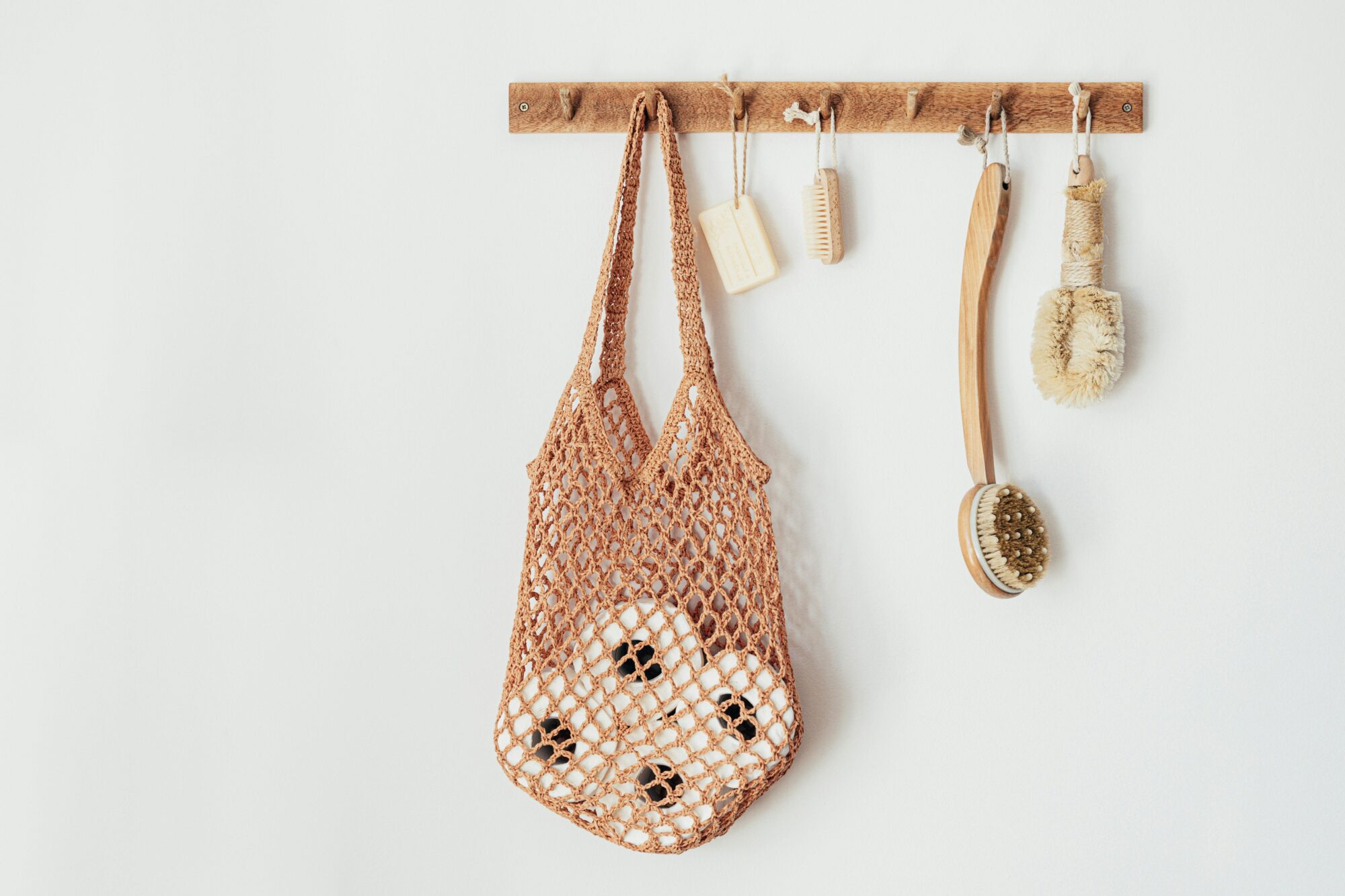
Practical Steps for a Successful Decluttering Process
To ensure your decluttering journey is smooth and effective, follow these practical steps. Each step is designed to help you make informed decisions and maintain a clutter-free home.
Start with a Clear Vision
Before you begin, envision what you want your space to look like. Having a clear vision will guide your decisions and keep you motivated. Imagine how a clutter-free environment can improve your daily life and well-being.
Set Realistic Goals
Break down the decluttering process into manageable tasks. Set specific goals for each session, whether it’s a single drawer, a closet, or an entire room. This approach makes the task less daunting and helps you track your progress.
Create a Sorting System
Develop a sorting system with categories such as keep, donate, recycle, and trash. Use boxes or bins to separate items as you go through them. This system keeps you organized and makes the process more efficient.
Focus on One Area at a Time
Concentrate on decluttering one area at a time. This focused approach prevents you from feeling overwhelmed and allows you to see progress more quickly. Start with smaller, less emotional areas and gradually move to more challenging spaces.
Evaluate Each Item
Ask yourself key questions when evaluating each item: Do I use it regularly? Does it bring me joy? Is it worth the space it takes up? These questions help you make objective decisions about what to keep and what to let go.
Handle Sentimental Items Last
Save sentimental items for the end of your decluttering process. By then, you’ll have built up momentum and be better prepared to make thoughtful decisions. Consider creating a special box for items with high sentimental value.
Utilize Storage Solutions Wisely
Once you’ve decluttered, invest in storage solutions that fit your space and needs. Use storage containers, shelves, and organizers to keep remaining items accessible and neatly arranged. Avoid overbuying storage solutions before decluttering to ensure they suit your actual needs.
Dispose of Items Responsibly
Dispose of unwanted items in an environmentally friendly way. Mobile Skips offers services to help you manage waste responsibly. Donate usable items to charity, recycle what you can, and use professional services for larger disposals.
Maintain a Clutter-Free Home
Decluttering is an ongoing process. Regularly assess your belongings and remove items that no longer serve a purpose. Implementing daily habits like tidying up and putting things away immediately can help maintain a clutter-free home.
Involve Your Family
Make decluttering a family activity. Involving everyone ensures that the home remains organized and teaches children valuable skills about responsibility and organization. Plus, it makes the process more enjoyable and collaborative.
Celebrate Your Success
Acknowledge and celebrate your decluttering achievements. Whether it’s a small victory like organizing a drawer or a significant milestone like clearing out a room, take the time to appreciate your hard work. This positive reinforcement keeps you motivated.
Use Professional Help When Needed
If you feel overwhelmed, consider seeking professional help. Professional organizers can provide guidance and support, making the decluttering process more manageable and less stressful. They can offer new perspectives and solutions tailored to your specific needs.
Conclusion
Decluttering your home is a rewarding process that can lead to a more organized, functional, and enjoyable living environment. By avoiding common mistakes and following these practical steps, you can achieve a clutter-free home that brings joy and efficiency to your life. Remember to set realistic goals, involve your family, and use professional help when needed. Celebrate your progress and maintain your decluttered space with regular upkeep.


